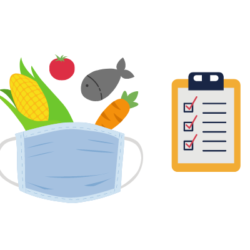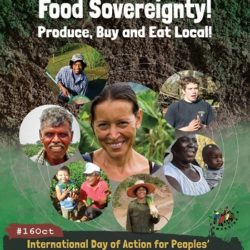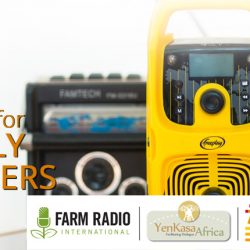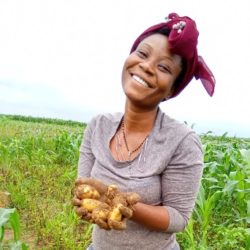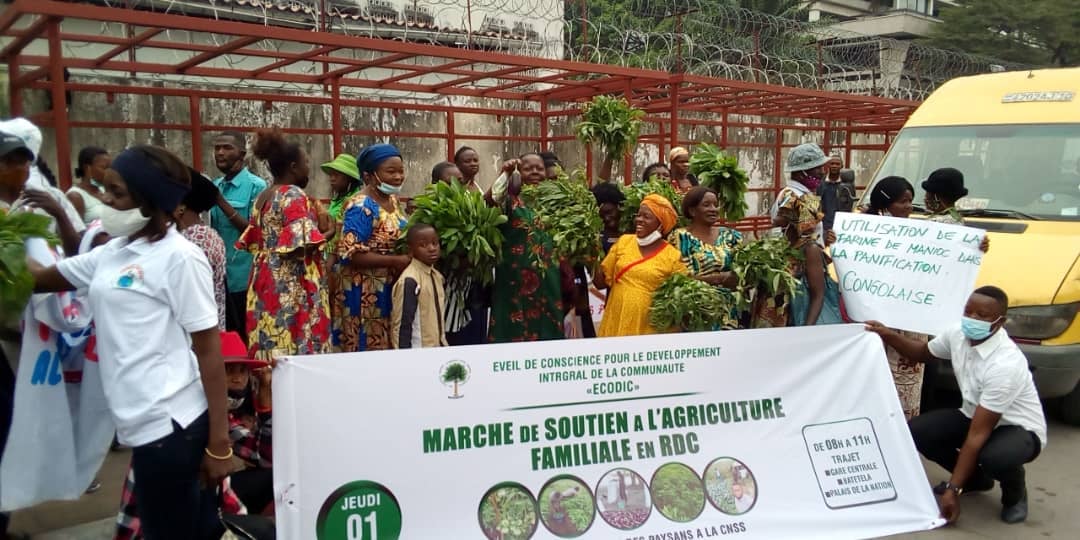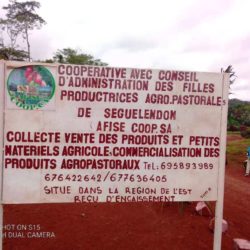The UN has designated 2019 to 2028 as the Decade of Family Farming. The YenKasa Africa initiative has designed a radio campaign to celebrate family farmers. As part of this campaign, we developed radio spots celebrating family farmers, particularly women and youth. Learn more about the campaign here: https://yenkasa.org/voice-for-family-farmers-campaign-on-air-across-africa/
FF-SPAK, a YenKasa Africa partner in Kenya, translated these spots into Swahili for use by partner radio stations.
To read the text of the radio spots in English or French, go to: http://scripts.farmradio.fm/radio-resource-packs/undff-radio-campaign/radio-spots-undff-part-one/
This resource was supported by YenKasa Africa, with funding from the UN’s Food and Agriculture Organization. YenKasa Africa is a platform to enhance knowledge and experience sharing to support agriculture and rural development in sub-Saharan Africa.
Farm Radio International is a communication partner for the UN Decade of Family Farming 2019-2028 in Africa.
Listen here: https://soundcloud.com/farmradio/sets/voice-for-family-farmers-radio-spots-swahili

